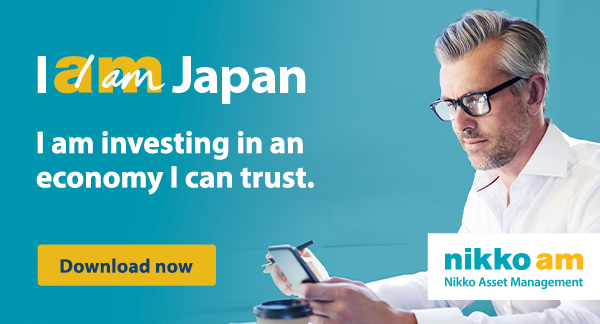Insights
Further improving Japan’s equity culture and wealth
Japan’s economy should boom after the Olympics burden passes. Its stock market will likely rebound sharply too, but one item that has limited Japan’s equity culture, and thus, its wealth, especially for wary pensioners, is overly conservative guidance by corporations for upcoming fiscal year earnings.
Global Fixed Income Quarterly - Q3 2021 Outlook
As we roll into the August lull, we cannot help but ask the question: Where has the reflation trade gone? Expectations were for a display of heroism by the Federal Reserve (Fed) with Chair Jerome Powell announcing his grand taper plan at the Jackson Hole symposium, but I guess we will still have to wait for the big reveal.
New Zealand Fixed Income Monthly - June 2021
New Zealand’s bond market was relatively flat in June, although most sectors were on the positive side. Looking ahead, New Zealand appears set to track the US, where interest rate hikes could now happen as early as 2022.
New Zealand Equity Monthly - June 2021
This month, we take a look at the current state and prospects of New Zealand’s five main electricity generators/retail providers. Almost all the electricity in New Zealand is generated by five companies: Genesis Energy, Contact Energy, Meridian Energy, Mercury Energy and Trustpower.
"Thank goodness the Olympics burden is over!"
This is the likely phrase one will often hear in a few weeks, especially among equity investors and Japan’s political leadership. Of course, there are currently very few people in Japan who are very enthusiastic about holding the Olympics and virtually everyone would agree that it is a burden, but only the International Olympic Committee (IOC) can cancel an Olympics.
Asian Equity Monthly - June 2021
Asian stocks edged lower in June, partly weighed down by a recent spike in COVID-19 cases in the region. Lingering worries about rising inflation and fears of a faster-than-expected tapering of the US Federal Reserve’s quantitative easing programme also dampened sentiment.
Multi-asset Monthly - July 2021
The US and China are likely reaching peak growth as stimulus and the initial burst of pent-up demand begin to wane. In China, while the credit impulse has turned negative—usually an ominous sign—demand continues to normalise, shifting from outsized demand in manufacturing back to normal patterns of consumption with authorities still fine-tuning the extension of credit to the parts of the real economy that need it.
Asian Fixed Income Monthly - June 2021
The US Treasury (UST) yield curve flattened in June, with short-dated bonds underperforming. The Federal Reserve’s (Fed) hawkish pivot caused the UST curve to flatten aggressively mid-month.
Japan Equity Monthly - June 2021
We discuss what global inflation could mean for Japan, with the country having struggled extensively with deflation; we also assess the BOJ‘s plan to boost funding for mitigating climate change and what that could mean in the longer run from a corporate governance perspective.
Navigating credit opportunities in a recovering world
The momentum gained by the global credit market in 2020 has continued into 2021 and we appear to be on track for another strong year of performance. Low government bond yields, ample liquidity and improving credit quality have supported a market that now trades with spreads at all-time lows in some pockets.















